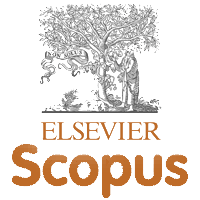VIDEO GAMING THERAPY ANALYSIS OF GAMING APPLICATIONS USING REINFORCEMENT LEARNING
Abstract
This research investigates the application of reinforcement learning algorithms in video gaming therapy, aiming to optimize therapeutic outcomes through innovative strategies. Three proposed algorithms, namely the Bee-Eater Hunting (BEH) Strategy Algorithm - LSTM, Neural Gas Network (NGN) Image Segmentation - LSTM, and Weevil Damage Optimization Algorithm (WDOA) - LSTM, are examined for their efficacy in enhancing gaming experiences for therapeutic purposes. The BEH Strategy Algorithm leverages Long Short-Term Memory (LSTM) networks to optimize gaming strategies, providing an adaptive and dynamic approach to game-based interventions. The NGN Image Segmentation algorithm, also employing LSTM, focuses on enhancing visual elements in gaming applications, contributing to a more immersive therapeutic experience. A standout achievement is the WDOA-LSTM algorithm, demonstrating remarkable accuracy. Specifically designed for individuals with Attention Deficit Disorder (ADD), these algorithms aim to dynamically assess and respond to facial expressions and emotions during game play, focusing on diverse gaming scenarios like car racing games, Super Breakout games, and Peggle games. The WDOA-LSTM algorithm's high accuracy substantiates its efficacy in precisely identifying emotional cues, paving the way for tailored interventions that hold significant promise in enhancing attention skills, emotional well-being, and cognitive functions for individuals grappling with ADD. This research underscores the transformative potential of leveraging cutting-edge technologies within the framework of gaming therapy, charting a course for more personalized and effective interventions in the realm of mental health and well-being.





